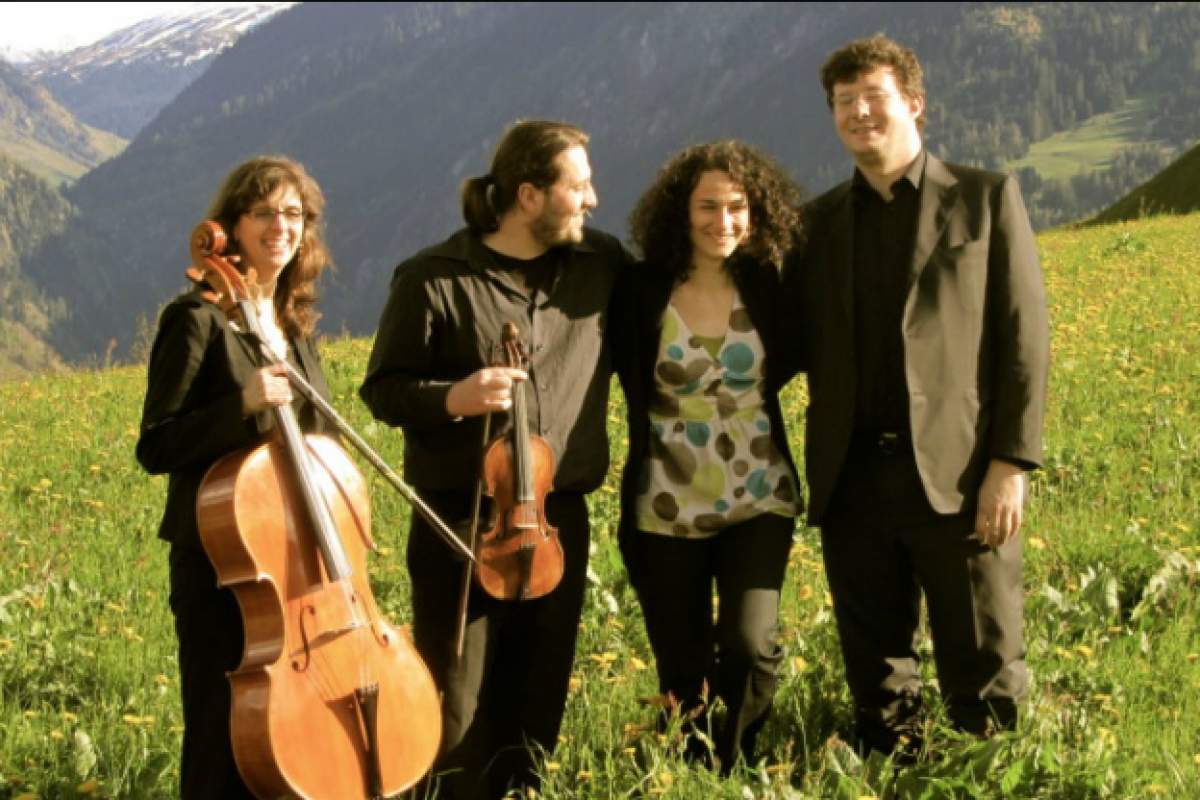
In Denmark: A Most Celebrated Artist
We’re dipping a toe in the late classical-early Romantic Era on the podcast today, with the German born composer, Friedrich Kuhlau. Kuhlau was born in the late 18th century to a family of working town and church musicians—his father was regimental army musician. But Kuhlau came up as a young man during the French Revolution, and when Hamburg was occupied in 1810, he fled to Copenhagen to avoid enlisting in Napoleon’s army. Once in Denmark, Kuhlau never looked back. In 1813, he became a Danish citizen, and after the smashing success of his incidental music for Elves' Hill (which includes a tune that is now the Danish national anthem) Kuhlau came to be regarded as one of Denmark’s most celebrated artists.
'Beethoven of the flute'
You may know Kuhlau from childhood piano lessons. Kuhlau was a piano teacher himself, and his still ever popular sonatinas were probably meant as teaching pieces for his pupils. Kuhlau also composed chamber music-trios, quartets and quintets, and a great deal of music for the flute. Kuhlau's flute music, together with his friendship with and admiration for Beethoven, earned him the nickname, “Beethoven of the flute.”
Romanticism
Stylistically, Kuhlau’s music looks forward more to 19th century Romanticism than backwards to an 18th c. musical language. Yet both elements—forward venturing boldness and a conservative tradition are present in his music. This is perhaps more apparent in the violin works. A new release on the Brilliant Classics label features some lesser known music by Friedrich Kuhlau—two works for piano four hands, and the three sonatas for violin and fortepiano, op. 79.
Zero Emission Baroque Orchestra (ZEBO)
Performing Kuhlau’s music on this disc is violinist Giorgio Leonida Tosi and pianist Paolo Porto. Porto plays on an original fortepiano built by Karl Stein in 1830.
Tosi and Porto are both members of the ensemble called, Zero Emission Baroque Orchestra—in fact, Tosi is the ensemble’s founder and director. The orchestra lives up to its unusual name. Founded in 2013, the Zero Emission Baroque Orchestra (ZEBO) has pledged that all CO2 emissions produced to create their concerts and events and recordings-including travel and production-will be offset by equivalent reforestation funding.
Given its dual mission of musical art and environmental sustainability, it’s fitting, and very possibly, intentional that ZEBO has produced a recording of music by a composer with ties to Denmark. Scandinavian countries are leaders in green and sustainable initiatives. Denmark, for example has made it a goal run on %100 renewable energy by 2050.









